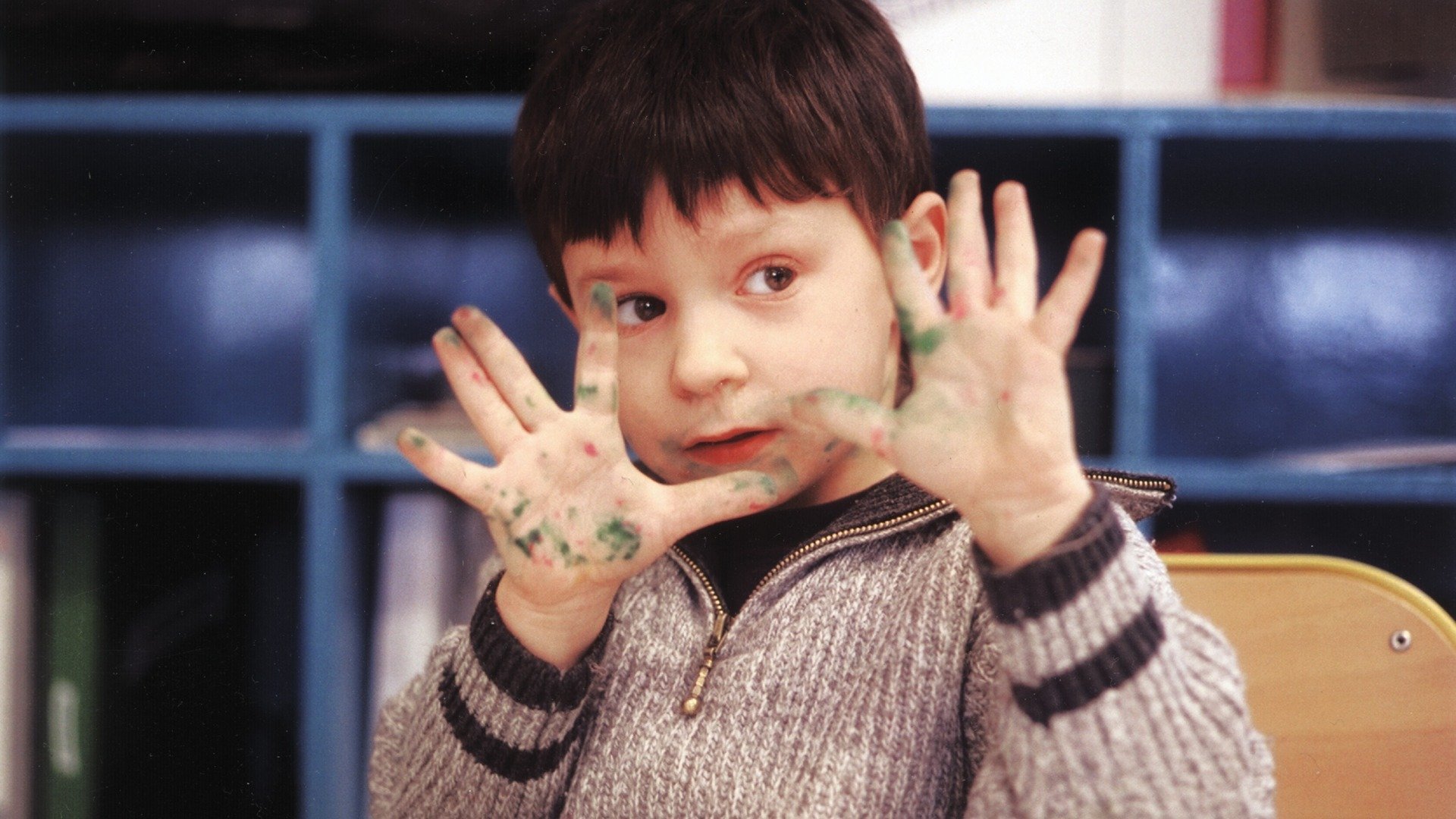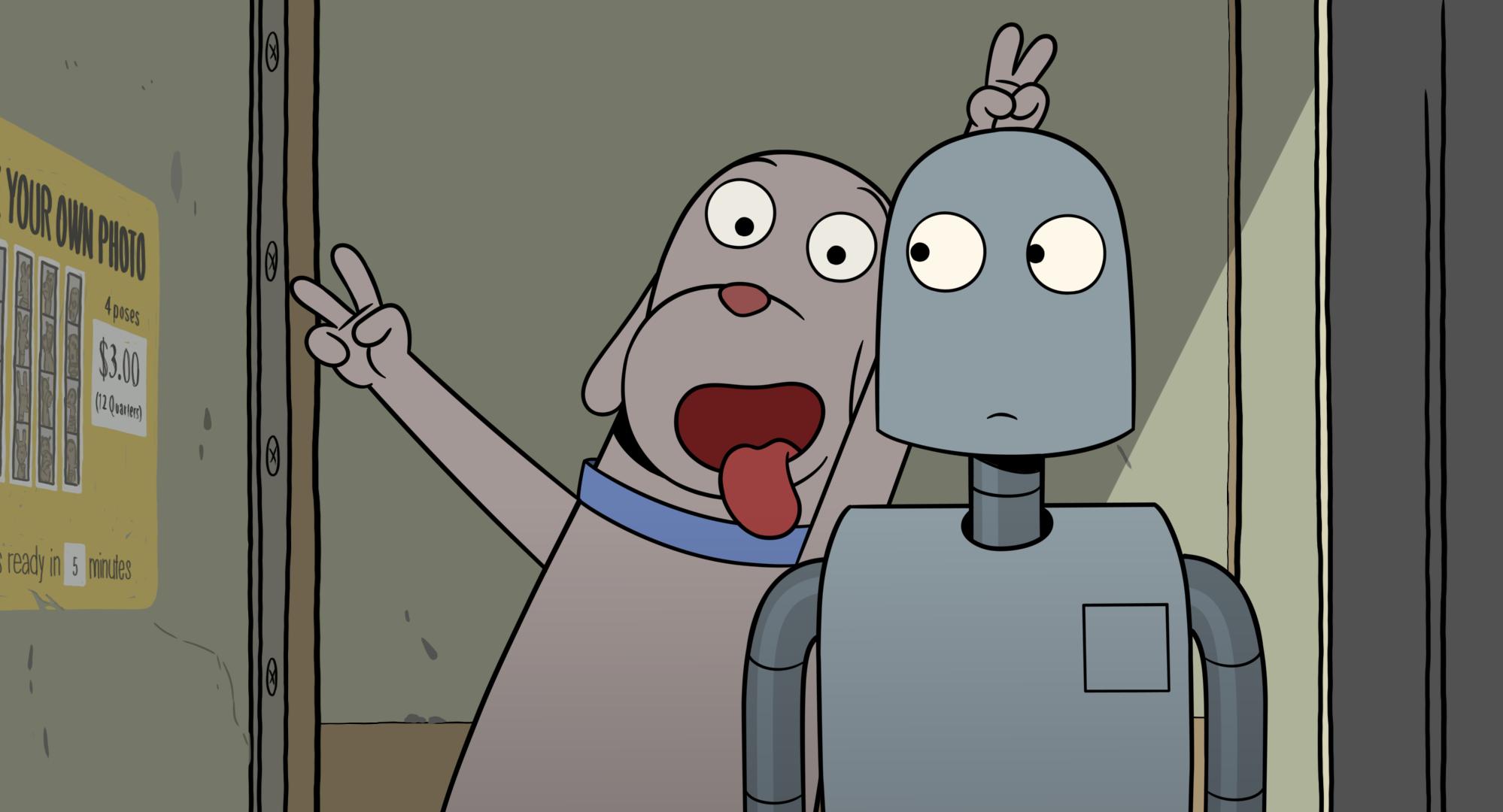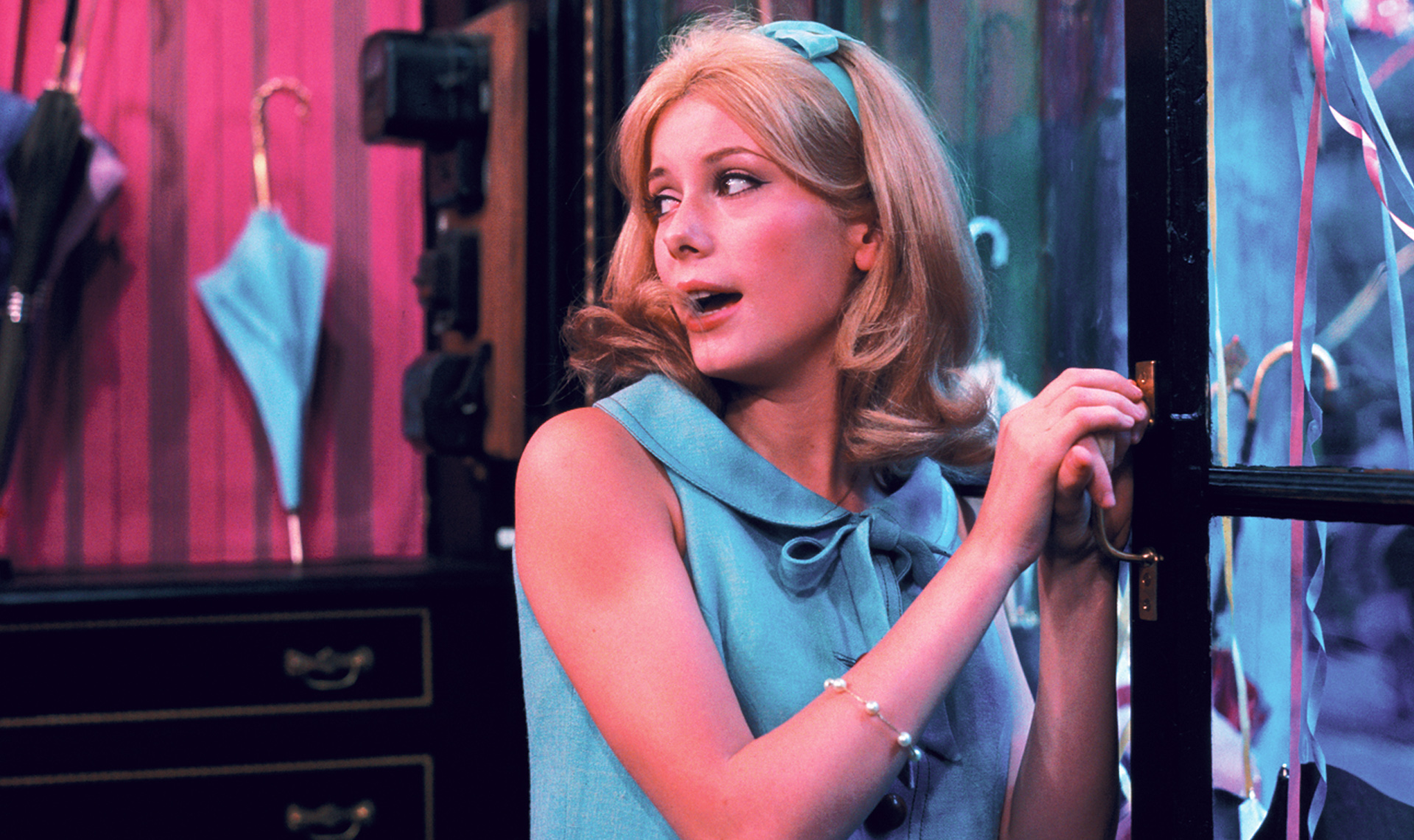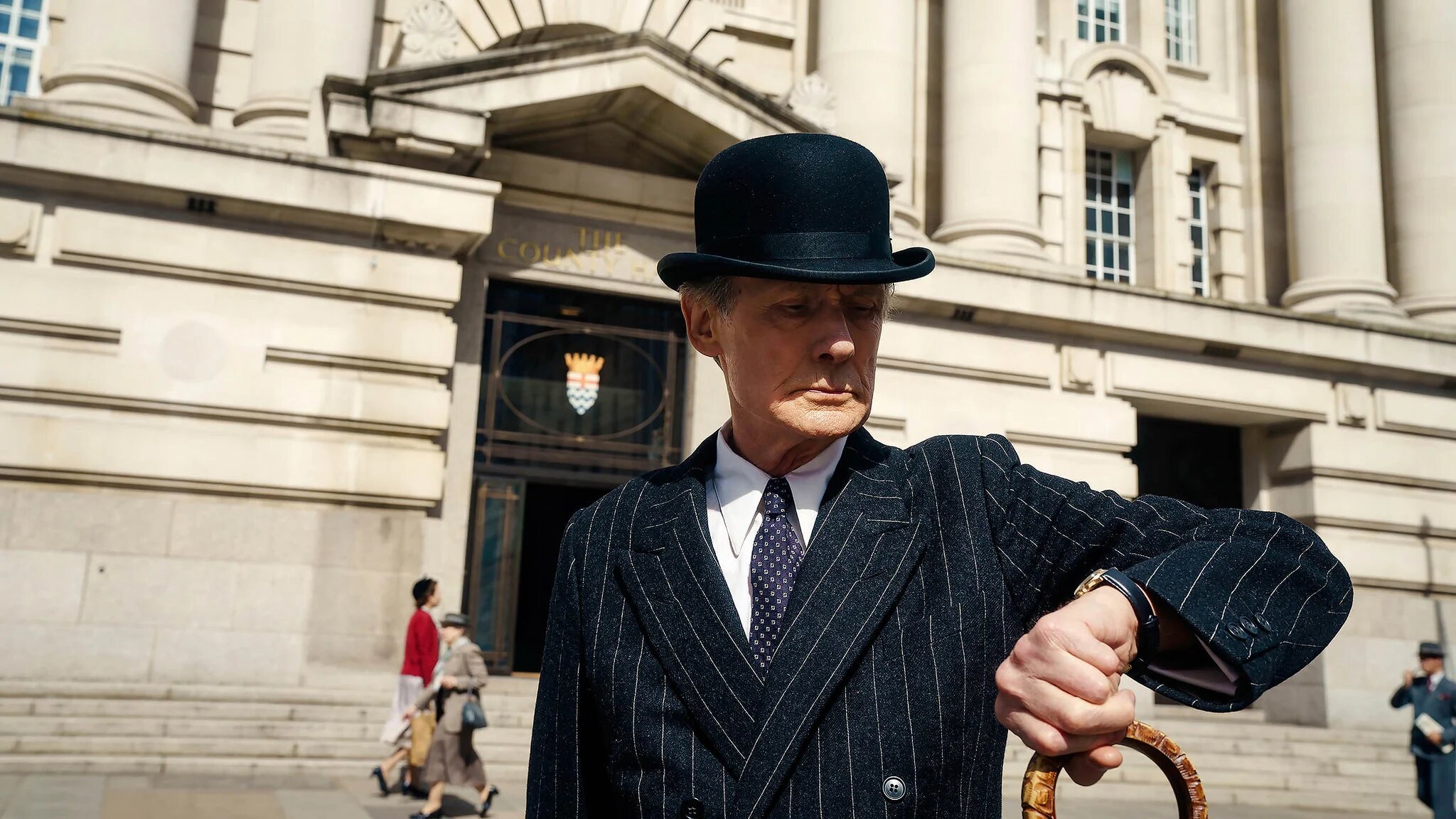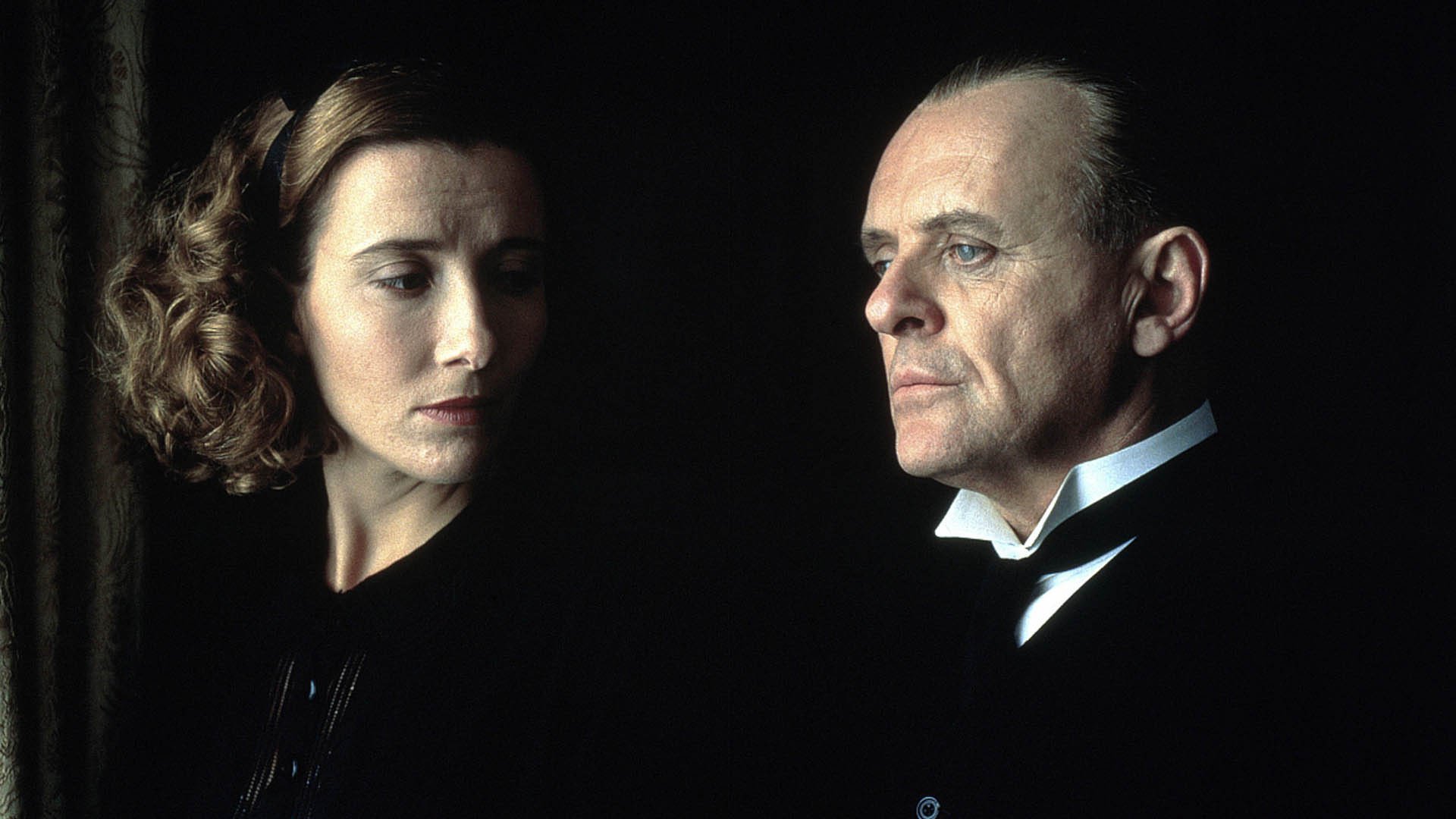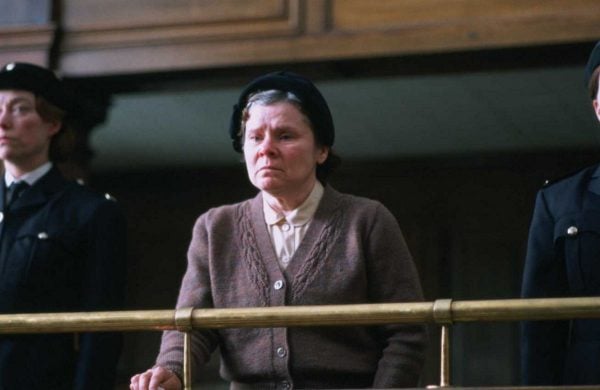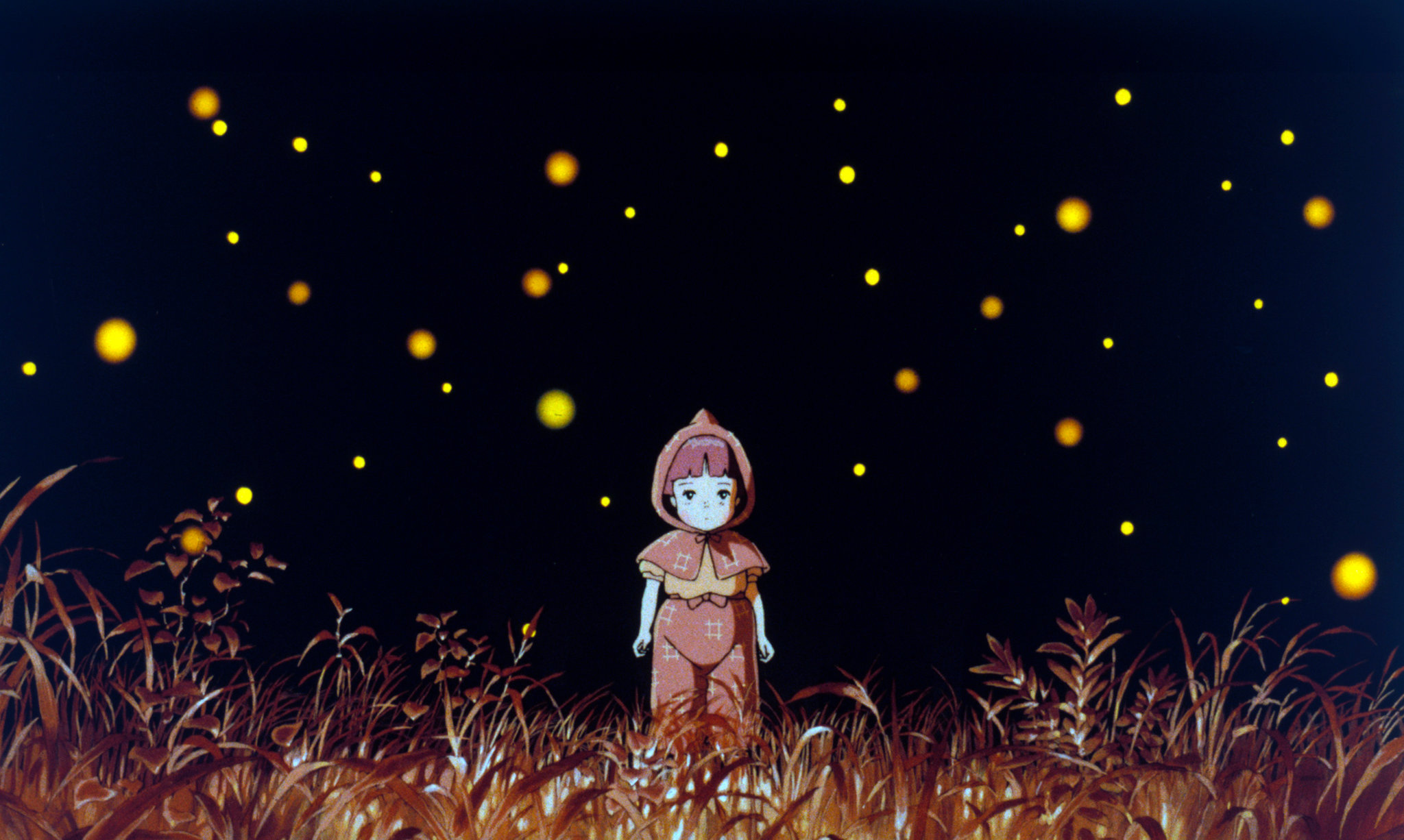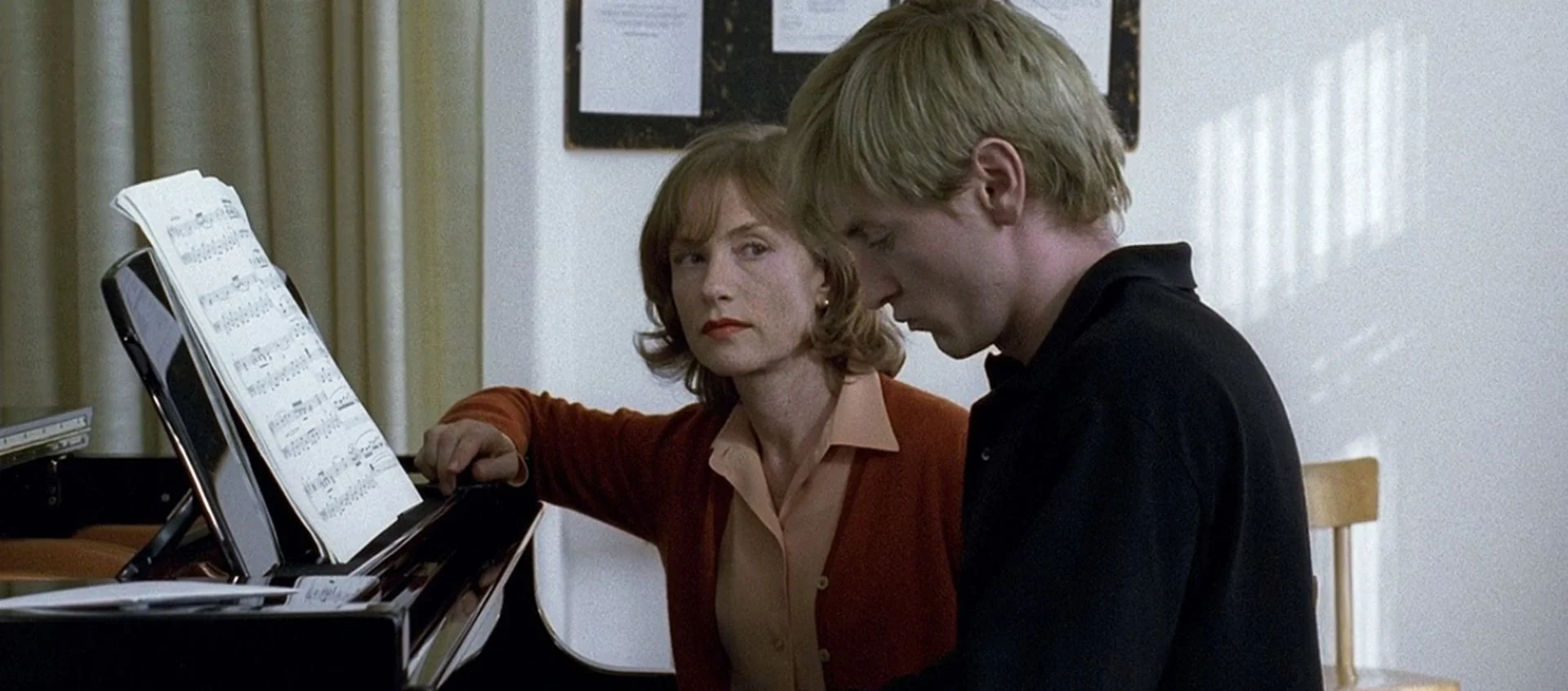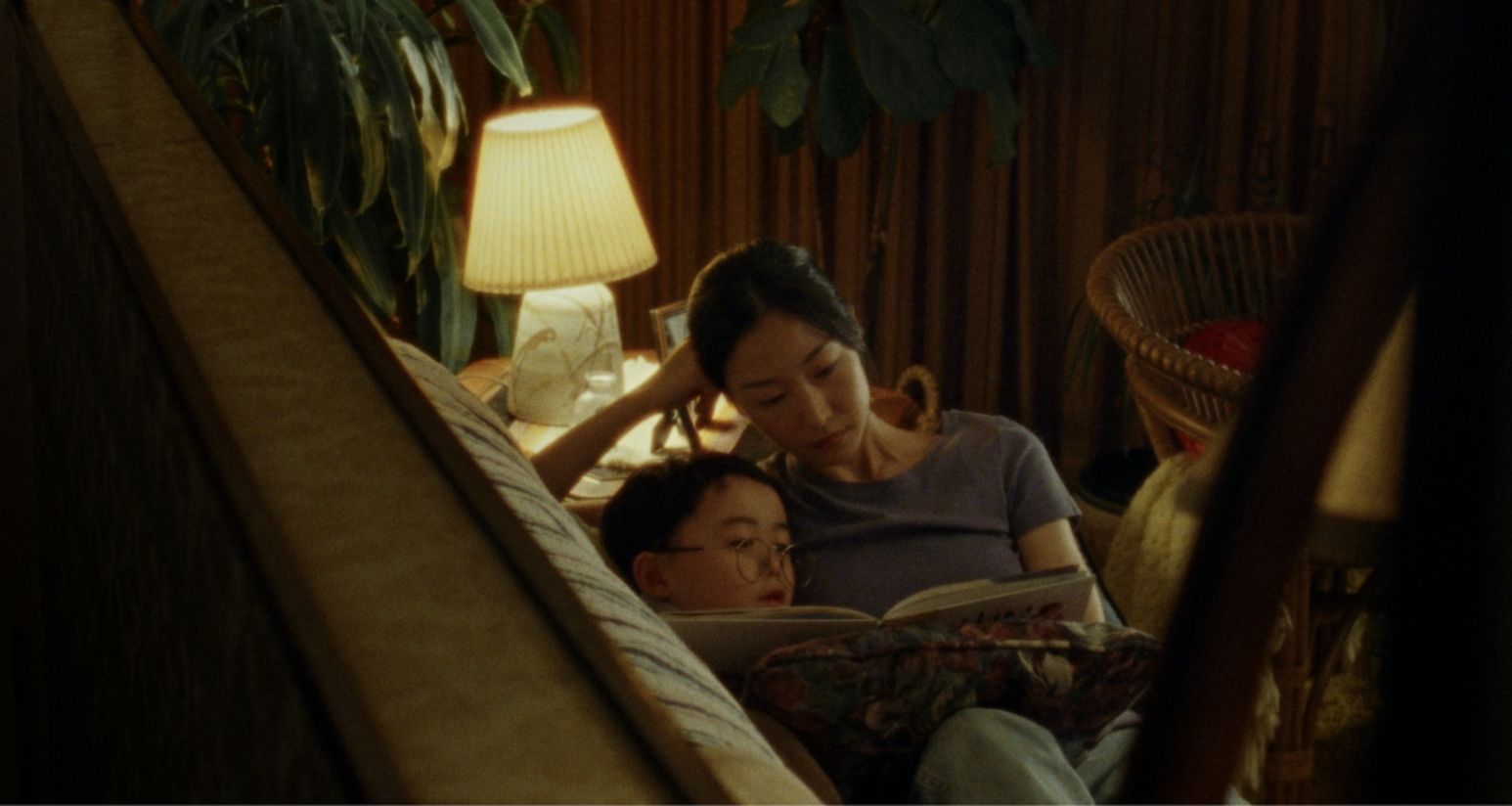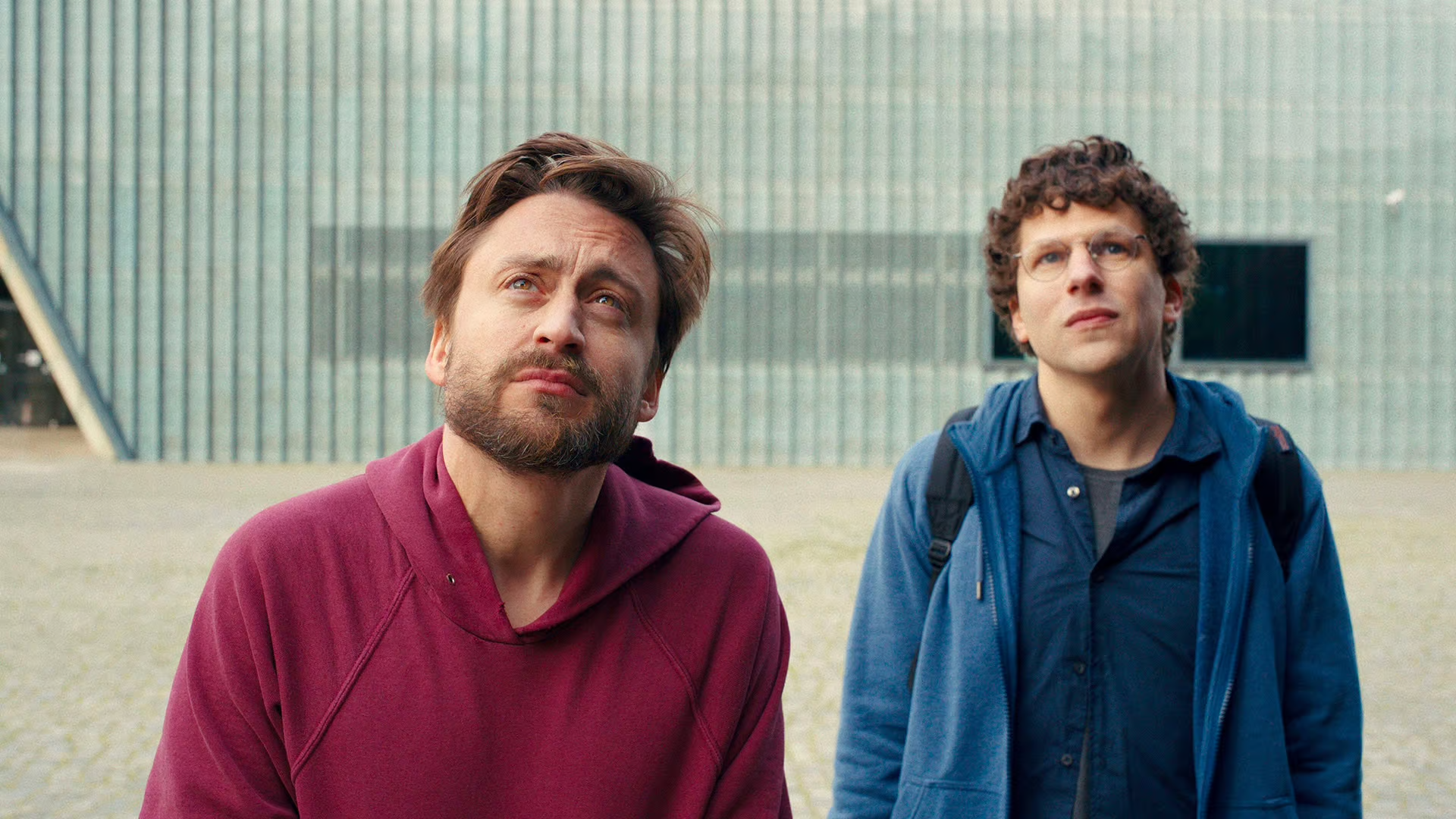
55 Films That Will Bring Tears to Your Eyes
January 16, 2025
Share:
Sometimes a good cry is just what the soul needs, and these films are guaranteed to evoke a torrent of emotions. From heart-wrenching dramas to poignant love stories and powerful character journeys, it’s time to be moved, inspired, and deeply touched as we explore the films that have the power to bring tears to your eyes. Whether it’s tears of joy, sorrow, or profound empathy, these stories will leave an indelible mark on your heart, reminding you of the beauty and fragility of the human spirit. Grab your tissues and prepare for an unforgettable cinematic experience.
Read also:
11. To Be and To Have (2002)
Genres
Director
Moods
This gorgeous documentary opens on the snowy fields of its rural French setting, but the single classroom it spends much of its time in couldn’t be warmer or more inviting. That comforting atmosphere — which the film imbibes, too — is all thanks to the kindness and patience of Monsieur Lopez, the man responsible for the education of all of the village’s kids (up to age 11). Chronicling the final year of his career before retirement, this doc shares the instinctive empathy its chief subject has for his pupils and, accordingly, shoots them quite simply, trusting that the high drama of their little lives is enough to sustain the film.
And it is: from the cheeky antics of happy-go-lucky four-year-old Jojo to the crippling anxiety of older kids grappling with parental illness and the terrifying move to middle school, we’re plunged deep into a full spectrum of raw emotion. Inspiringly, Monsieur Lopez doesn’t just teach the kids maths and spelling — he also gently coaches them in off-syllabus skills, like talking about feelings and reconciling differences (even turning a fraught relationship between two boys into loyal friendship by the end of the year). There’s so much to learn from him and his perpetually wonderstruck kids here.
12. Robot Dreams (2023)
Genres
Director
Actors
Moods
The first few minutes of Robot Dreams are so deceptively simple and pleasant that it’s hard to think of a conflict that could keep the film moving. But something does happen—life happens, which sounds annoyingly vague, but it’s true. Life happens, and the rest of the film is about how Dog and Robot survive the specific pain of living. It’s at once poignant and delightful, filled with surprising moments that shouldn’t work, but do. It feels incredibly human even though there are no people in sight. It says a lot about the crisis of loneliness and the importance of moving on even though it’s a silent movie. And then there’s that one scene that breaks the fourth wall most adorably, proving that Robot Dreams is anything but the straightforward film it seemed to be in the beginning. Consistently, however, it is a touching movie. Whether it ends up breaking or warming your heart is just something you have to look out for.
13. The Umbrellas of Cherbourg (1964)
Genres
Director
Actors
Moods
If we were to list down the best of the best movie musicals ever made, most of the titles would probably come from the Golden Age of Hollywood. But we’d be remiss to forget that just a few years later, all the way across the pond, came The Umbrellas of Cherbourg, a French romantic musical from Jacques Demy. It’s certainly in the running for the most gorgeous musical ever made, with the bold, dreamy colors, incredible camera work, stylish costumes, and two beautiful leads front and center, but what makes Cherbourg great is the lush composition made by Michel Legrand. With the sweeping violins and the tragic lyrics of Devant le Garage, to the catchy, jazzy Scène du Garage that starts off the film, Les Parapluies de Cherbourg brings together sublime visuals and sound into one of the greatest musicals ever made.
14. Living (2022)
Genres
Director
Actors
Moods
Adapted from the Japanese film Ikiru, which in turn was adapted from the Russian story The Death of Ivan Ilyich, Living is a parable about, well, living. Specifically, it’s about the importance of wonder and the magic of the mundane. It’s also about legacy and the stories we leave in our wake, which live on long after we’re gone. This familiar premise could have very easily been turned into another trite and cheesy movie that warns you to make the most out of your life, but thanks to a lean script, assured camerawork, and powerfully restrained performances, Living is elevated into something more special than that. It’s a technically beautiful, well told, and profoundly moving film, with Bill Nighy giving a career-best turn as a repressed man aching for meaning in his twilight years.
15. The Remains of the Day (1993)
Genres
Director
Actors
Moods
The visceral pain at the center of this adaptation from period drama powerhouse Merchant-Ivory comes not from fading or unrequited love but unrealized affection. Try as he might to repress his feelings, devoted butler Mr. Stevens (Anthony Hopkins) can’t stifle the blossoming attachment he shares with housemaid Miss Kenton (Emma Thompson). And yet, at every opportunity she gives him to do something about it, he balks, squandering the potential for something truly beautiful — something that actually belongs to them, not their aristocratic employer.
The Remains is partly told in flashbacks to the period leading up to the Second World War. From his stately home, Stevens’ master Lord Darlington and his peers play at international relations and try to avoid another war by pandering to the Nazis, but find they’re woefully under-equipped to decide the fate of Europe in this changing world. One of the many brilliant things about The Remains is the way this political drama doubles the devastation of Stevens’ die-hard commitment to his job — because now, he’s sacrificing his one chance at love for something that won’t even survive the decade. Sublime filmmaking and performances turn Stevens’ every minute choice into a pillar of profound tragedy, giving us a maddeningly heartwrenching life lesson for the ages.
16. End of Watch (2012)
Genres
Director
Actors
Moods
First off you have to remember it is the same writer as Training Day. Then you have to believe that he must have gone to a joint training camp between the Taliban and Mexican Cartels or something since Training Day to come up with such a tense, unpredictable script. But End of Watch is more than that. It is warm and sweet (yes), and a great showcase of Gyllenhaal and Pena’s talents — which thanks to a documentary-style cinematography, and the actors’ 5-month immersion program with actual LA cops, make for a very authentic, rich, and overall exciting film.
17. Vera Drake (2004)
Genres
Director
Actors
Moods
Mike Leigh’s forthright and compassionate depiction of working-class life extends to his period pieces as well. Imelda Staunton is remarkable as Vera Drake, a housekeeper in 1950’s London who quietly performs abortions on the side.
Leigh’s vigilant portrayal of class highlights the stark divide between abortion access for the poor and what is offered to the rich. The storytelling is simple and straightforward, he doesn’t over-sentimentalize or grandstand, but merely depicts conditions as they were. Meanwhile, Staunton’s Vera oozes so much fullness, warmth, and empathy, that the heartbreak that follows is mercilessly palpable.
18. Grave of the Fireflies (1988)
Genres
Director
Actors
Moods
Perhaps the most depressing but vital movie produced by animation giant Studio Ghibli, Grave of the Fireflies is a searing and sweeping drama that covers the horrors of World War II through the eyes of teenager Seita and his young sister Setsuko. Between the violence of war and the tragedy of loss, the siblings struggle to preserve not just their lives but their humanity. In typical Ghibli fashion, there are moments of gentle beauty to be found, but instead of conflicting with the overall stark tone of the film, they successfully underscore war’s futility and brutality, making Grave of the Fireflies one of the most important anti-war narratives ever told.
19. The Piano Teacher (2001)
Genres
Director
Actors
Moods
Based on the Austrian novel, The Piano Teacher is as brilliant and as disturbed as its protagonist. The film follows Erika Kohut (Isabelle Huppert), the repressed masochist in question, and the trainwreck of a relationship that she develops with her student Walter Klemmer (Benoît Magimel). Their dynamic is undeniably toxic. Austrian auteur Michael Haneke frames each scene with clinical detachment, but it is absolutely brutal how the two characters try to assert control over each other, engage in sadomasochism, and repeatedly violate each other’s boundaries. Huppert’s heartrending performance fully commits to the merciless treatment Erika receives. But more tragic is the way Erika’s unusual relationship could’ve freed her, could’ve helped her process her abuse, and instead, reinforces her repression. It’s scary to make yourself vulnerable by admitting your desires, only for them to be used against you.
20. Riceboy Sleeps (2022)
Genres
Director
Actors
Moods
Riceboy Sleeps looks like a fairy tale. Taken in 16mm and colored to pastel-grain perfection, it’s a captivating picture that moves like a happy memory. And occasionally, the action matches the air. Mother So-young (Choi Seung-yoon) and son Dong-hyun (Ethan Hwang) share a fierce, us-against-the-world bond as they strive to make it in a Canadian suburb without a lick of help.
The film is beautiful that way, but it also importantly doesn’t spare us from the harsh-edged realities of immigrant life. There are assimilation attempts, cultural divides, and on Dong-hyun’s part, a perpetual longing to know about an unknowable past. It’s a lovely picture, to be sure, but it’s also a tear-jerker, as heartbreaking as it is heartwarming.
Coupled with writing and performances that are resonant but restrained (they never verge on melodrama), Riceboy Sleeps makes for a powerful debut and a truly unforgettable watch.
Read also:
Comments
Add a comment
Ready to cut the cord?
Here are the 12 cheapest Live TV streaming services for cord-cutting.
More lists
Lists on how to save money by cutting the cord.
Curated by humans, not algorithms.
© 2025 A Good Movie to Watch. Altona Studio, LLC, all rights reserved.
